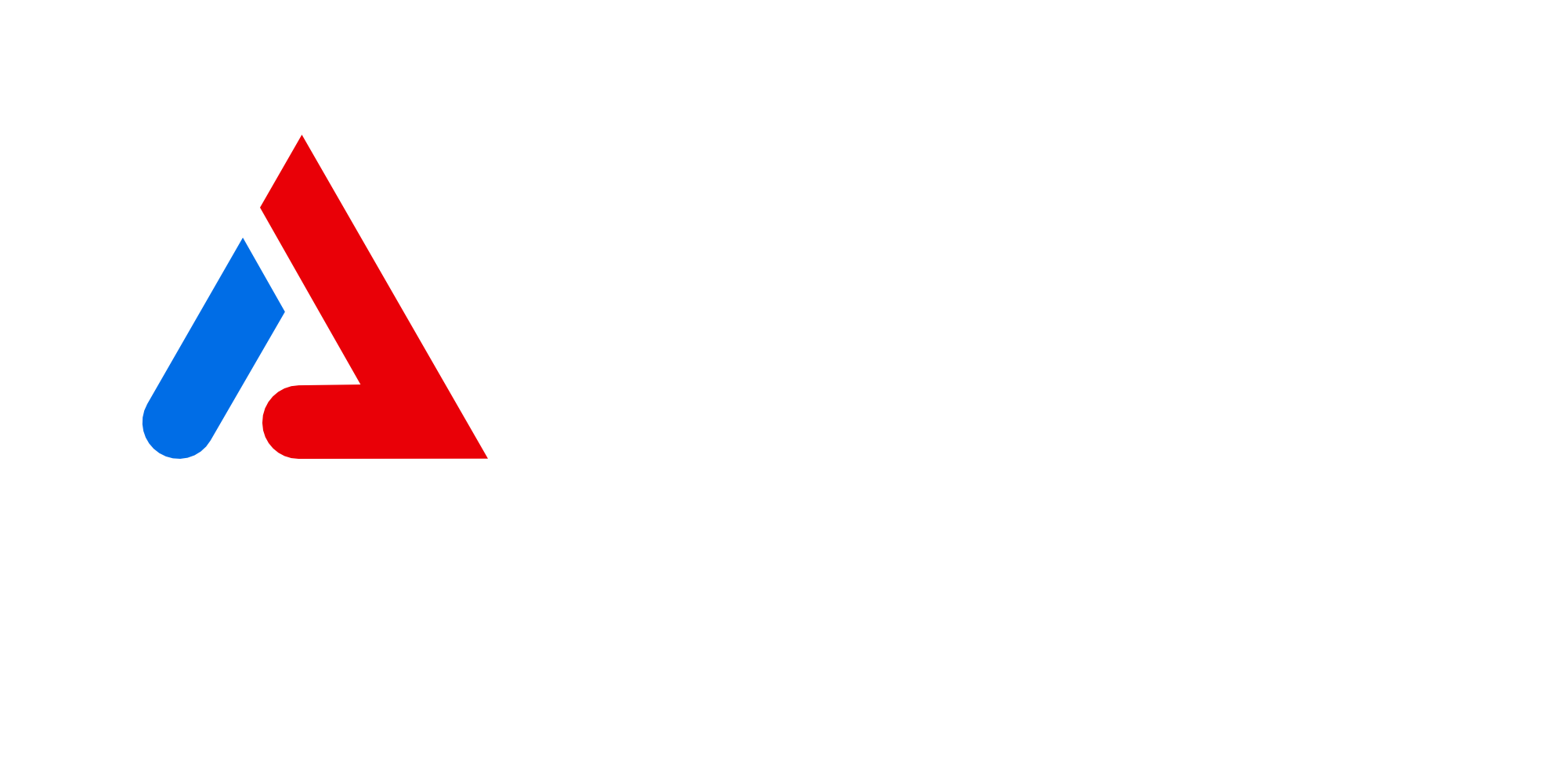Single Biggest Challenge: Trust

Kuala Lumpur, October 1, 2025 – Cyber threats know no borders. They can strike anyone, anywhere, and at any time—and they are becoming increasingly sophisticated. This reality underscores the urgent need for stronger international cooperation in cybersecurity, particularly through intelligence sharing.
At the Cyber DSA Conference 2025 from 30 September to 2 October in MITEC Kuaa Lumpur, Rudi Lumanto, Chairman of the ASEAN Japan Cybersecurity Community Alliance (AJCCA), highlighted both the opportunities and the challenges of building a shared threat intelligence platform for the region.
“Threat intelligence is the backbone of proactive cybersecurity,” Rudi explained. “But for a platform to work effectively, it depends on active participation from all members. If only a few share—or worse, if nobody shares—the platform becomes useless.”
The Dilemma of Sharing Intelligence
According to Rudi, the single biggest challenge facing alliances is not the technology, but the hesitation to share sensitive intelligence because of lack of Trust. Many countries and organizations struggle with the same dilemma:
“If I share too much, will it expose my weaknesses?”
“Will this information be misused, or even leaked?”
“Will my sovereignty be compromised if others know my defensive limitations?”
These concerns are particularly acute when dealing with intelligence on AI-driven cyberattacks, which often involves highly sensitive data—details about vulnerabilities, active incidents, or even national capabilities.
Building Trust for Regional Resilience
Rudi stressed that overcoming these fears requires trust, transparency, and governance mechanisms within the alliance. “The value of a threat intelligence platform lies not in the system itself, but in the willingness of members to contribute. Without sharing, we cannot see the full picture of emerging threats.”
He added that AJCCA is working to establish clear frameworks for data protection, confidentiality, and responsible use of shared intelligence. “It’s about ensuring that information is handled with integrity and used only for strengthening our collective defence, never against the contributor.”
Moving Forward Together
Despite the challenges, Rudi expressed optimism that the region can move forward. “We have to start somewhere. Sharing even small pieces of intelligence can build confidence, and over time, create a culture of openness. Cybersecurity is not a competition—it is a collective mission.”
As the session concluded, one key message stood out: the single biggest challenge of any cybersecurity alliance is not the lack of technology, but the lack of trust. Without it, even the most advanced platforms cannot succeed.
In the battle against borderless cyber threats, trust is the foundation upon which true collaboration must be built.

